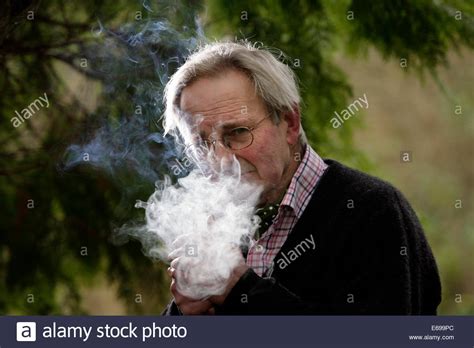A Quote by Plato
Related Quotes
'By Any Means' follows a team of behind-the-scenes crime-prevention team - not police. They basically go to the areas of crime where the police can't touch and organised crime fighting units can't go to - in the public eye - to bring about real justice, treading the line between 'true' justice and what the law says is justice.
I have examined the death penalty under each of its two aspects: as a direct action, and as an indirect one. What does it come down to? Nothing but something horrible and useless, nothing but a way of shedding blood that is called a crime when an individual commits it, but is sadly called "justice" when society brings it about. Make no mistake, you lawmakers and judges, in the eyes of God as in those of conscience, what is a crime when individuals do it is no less an offense when society commits the deed.
The best crime stories are always about the crime and its consequences - you know, 'Crime And Punishment' is the classic. Where you have the crime, and its consequences are the story, but considering the crime and the consequences makes you think about the society in which the crime takes place, if you see what I mean.
In its pursuit of justice for a segment of society, in disregard of the consequences for society as a whole, what is called 'social justice' might more accurately be called anti-social justice, since what consistently gets ignored or dismissed are precisely the costs to society. Such a conception of justice seeks to correct, not only biased or discriminatory acts by individuals or by social institutions, but unmerited disadvantages in general, from whatever source they may arise.
Today the crime novelist has one advantage denied to writers of 'straight' or 'literary' novels. Unlike them he can range over all levels of society, for crime can easily breach the barriers that exist in our stratified society. Because of these barriers the modern literary novel, unlike its 19th-century predecessors, is often confined to the horizontal, dealing only with one class. But crime runs through society from top to bottom, and so the crime novelist can present a fuller picture of the way we live now.
We think of justice sometimes as getting what you deserve, you know? - ?what crime was committed and what is the punishment for that crime. That's how a lot of the criminal justice works. But God's justice is restorative, so it's not as interested in those same questions of "What did they do wrong?" and "What is the punishment for that?" It's more about what harm was done and how do we heal that harm, and that's a much more redemptive version. So, it definitely doesn't turn a blind eye to harm, but it does say we want to heal the wounds of that.
The media insist that crime is the major concern of the American public today. In this connection they generally push the point that a disarmed society would be a crime-free society. They will not accept the truth that if you take all the guns off the street you still will have a crime problem, whereas if you take the criminals off the street you cannot have a gun problem.










































